Raising Alzheimer’s Disease Awareness
June is Alzheimer’s Disease Awareness Month
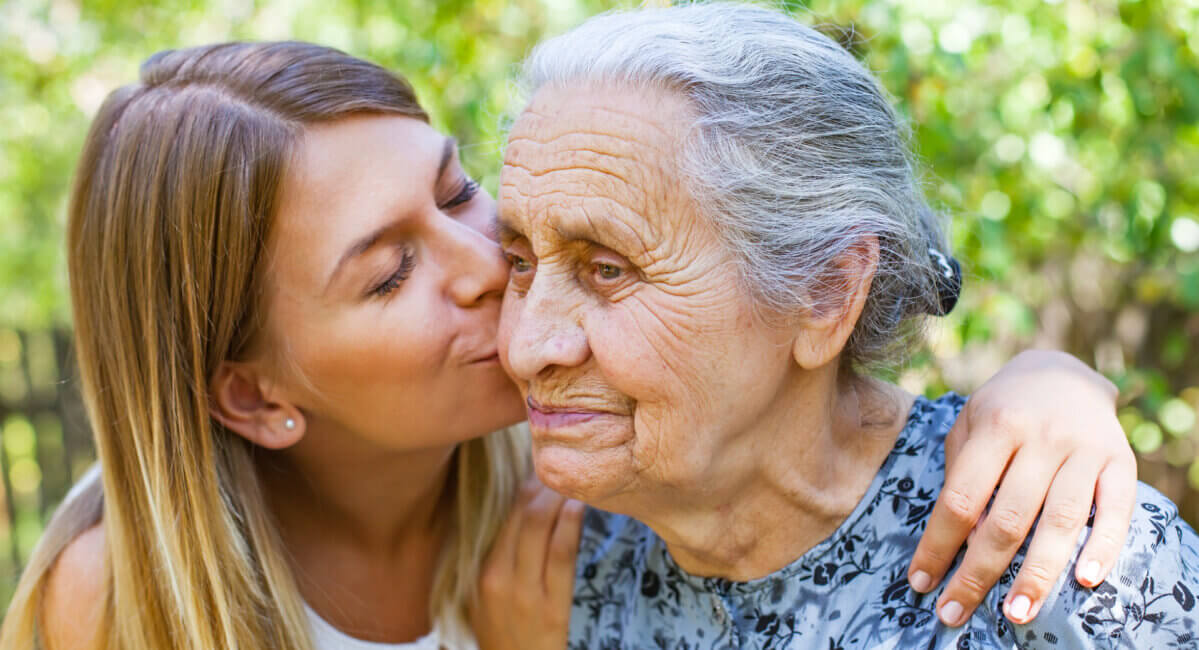
From social to financial to health, there are many challenges that we face today as we continue to age. One of the biggest challenges doctors, patients and families face can be found in Alzheimer’s disease, dementia and memory loss.
According to the Alzheimer’s Association, it is estimated there are 6.2 million Americans age 65 and older living with Alzheimer’s. In its 2021 Facts and Figures report, the organization analyzed the impact of COVID-19. There were at least 42,000 more deaths from Alzheimer’s and other dementias in 2020 compared with averages over the previous five years. This is a 16-percent increase! In addition, the report indicates COVID-19 is adversely affecting many family caregivers.
Who is at Risk for Alzheimer’s Disease?
What predisposes a person to Alzheimer’s disease or dementia? Scientists have identified age, family history and genetics as risk factors that increase the likelihood of developing Alzheimer’s disease. While these factors cannot change, studies indicate other risk factors can be altered.
Risk factors that can be altered are:
- Cardiovascular health: High blood pressure, diabetes and high cholesterol are known conditions that can increase the risk of cardiovascular disease. The same can be said with regard to these conditions and developing Alzheimer’s. This study found a 45 percent increase risk of cognitive impairment or dementia in patients with coronary heart disease.
- Physical exercise: A key strategy for combatting most diseases is regular physical exercise, and for Alzheimer’s, there is no exception. When a person exercises, there is increased brain activity, which can be beneficial in keeping brain cells healthy. Gregory Panza, an exercise physiologist in the Department of Cardiology at Hartford Hospital, and his team studied the benefits of exercise on mental function in older adults. The results of the study showed that individuals at risk for Alzheimer’s disease who did not exercise had a decline in cognition, but those seniors who did any type of exercise had better mental function.
- Diet: Nutrition and eating a heart-healthy diet will also protect the brain. A diet devoted to eating whole grains, fruits and vegetables, while at the same time limiting sugar and saturated fats, is the first step. In the past, the benefits of two diets had been studied: DASH (Dietary Approaches to Stop Hypertension) and Mediterranean. Rush University researchers took the data one step further and combined both diets to create the Mediterranean-DASH Intervention for Neurodegenerative Delay (MIND) diet. The results of their study showed the MIND diet lowered Alzheimer’s disease risk by as much as 53 percent for those who followed the diet rigorously.
- Mental and intellectual activity: While once a diagnosis is made it is impossible to halt the disease, patients with Alzheimer’s are encouraged to stay as active as possible mentally. Reading, learning a new language and teasing the brain with puzzles are encouraged. It is believed constant brain stimulation keeps the unaffected part of the brain as healthy as possible for as long as possible. Published in Neurology, the Johnson group showed that mental activity had a significant impact on estimated intelligence quotient but unfortunately did not affect the course of the disease.
- Social interaction: When older adults have a strong social network of friends and family members, they inevitably hold conversations and think of ways to respond and interact, which helps with reasoning and comprehension. Researchers also found a strong connection between decreased cognitive function and loneliness/isolation. Therefore, it is important to encourage older adults to stay socially active by participating in community or volunteer activities.
When Hospice is Right for Alzheimer’s and Dementia Patients
One of the hardest decisions a healthcare practitioner will make is knowing when it’s time to refer a patient to hospice. Studies indicate that most patients who could benefit from hospice care simply aren’t referred early enough.
Any patient with Alzheimer’s disease or advanced dementia may be suitable for hospice care if the prognosis is six months or less should the disease run its natural course.
Alzheimer’s and dementia patients are eligible and can be referred to hospice when indicators, such as the following, are present:
- Ability to speak is limited to six or fewer intelligible words per day
- Unintentional weight loss of more than 10 percent over prior six months
- Functional decline with the inability to walk, dress and bathe without assistance
- Urinary and bowel incontinence
The staff at all Chapters Health hospice affiliates are dementia trained, so all concerned parties can be assured that we understand the disease and the specific challenges that come with caring for Alzheimer’s disease and dementia patients. Symptom management is of utmost importance, and we can assist with the following to help a patient’s quality of life:
- Anxiety or agitation
- Pain
- Difficulty swallowing
- Depression
In addition, we assess each patient’s safety on every visit to minimize fall risk. And whenever possible, we also schedule our care visits later in the day to calm patients and support caregivers with the challenges often associated with Sundowning Syndrome or late-day confusion.
Chapters Health System is committed to serving the needs of its patients, families, caregivers, health providers, partners and communities.
If you know someone with Alzheimer’s who could use supportive care in the comfort of his or her home, please call our helpful Chapters Health and HospiceHelp24® team at 1.866.204.8611 or Contact Us.
1 Comment
Leave a Reply
Keep Exploring
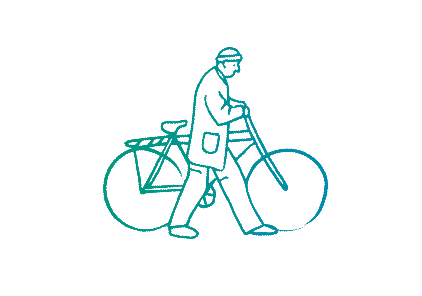
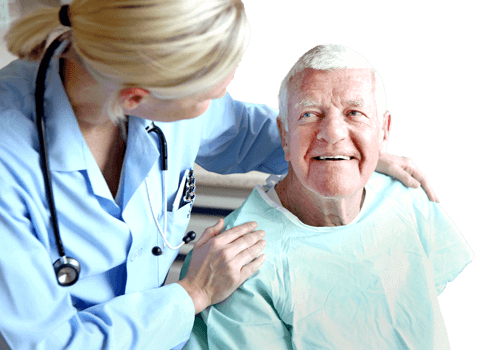





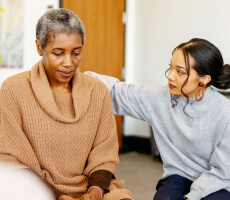


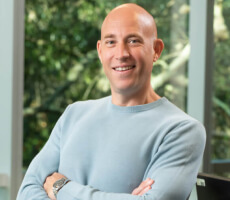


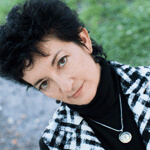

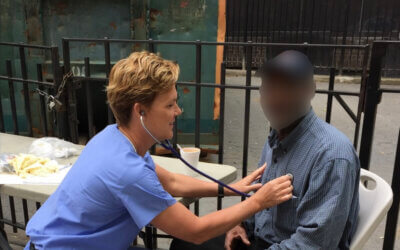

Leslie Pettite
September 4, 2023 at 7:51 amMy husband who had been diagnosed with Dementia for 2 years at the age of 62 had all his symptoms reversed with Ayurveda medicine from naturalherbscentre. com after undergoing their Dementia natural protocol, he’s now able to comprehend what is seen. God Bless all Dementia disease Caregivers. Stay Strong, take small moments throughout the day to thank yourself, to love your self, and pray to whatever faith, star, spiritual force you believe in and ask for strength. I can personally vouch for these remedy but you would probably need to decide what works best for you💜.